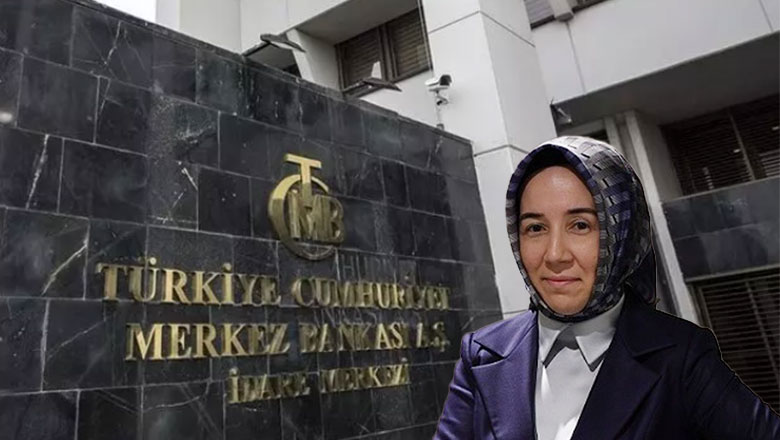Central Bank of Turkey (CBRT) Deputy Governor Hatice Karahan has indicated that the impacts of the bank’s monetary policy are beginning to manifest, emphasizing the crucial role that fiscal policy will play in supporting the ongoing disinflation process. Karahan, who has been in her role since July last year, along with Governor Fatih Karahan and Deputy Governor Cevdet Akçay, are key figures whose views are closely monitored by financial markets.
In an interview with Reuters, Karahan highlighted that the outlook for inflation in the near term will be significantly influenced by the fiscal stance. Since the general elections in 2023, the CBRT, under the backing of President Erdogan, has implemented a series of tightening measures, culminating in a cumulative policy rate increase of 4,150 basis points. The policy rate has remained steady at 50 percent for the past five months.
Karahan underscored the delayed yet emerging effects of monetary policy and noted that robust fiscal support is essential to efficiently curb inflation. She pointed to the upcoming Medium-Term Program (MTP), set to be unveiled tomorrow, as a pivotal roadmap in the fight against inflation. The economic administration has asserted that the MTP will maintain a focus on price stability and inflation control, aiming to bolster economic predictability through structural reforms. The MTP, to be announced at 09:00 with the involvement of Vice President Cevdet Yılmaz and other key ministers, is expected to include revisions to budget deficit targets, possibly lowering the 2024 budget deficit to GDP ratio from 6.4 percent to around 5 percent or slightly lower.
Karahan stressed the importance of the disinflation process progressing with vigor, stating, “A continued weakening in the core trend of monthly inflation is vital for our targeted disinflation trajectory.” She further noted that as disinflation advances, inflation expectations are likely to improve.
Balancing Growth and Its Impact on Disinflation
Karahan highlighted that second-quarter GDP data confirmed a deceleration in economic activity, with a more balanced growth composition becoming evident. She explained that the contributions of net exports and domestic demand to annual growth have become increasingly stable and sustainable. This rebalancing process has continued into the second half of the year, significantly contributing to disinflation and enhancing the overall macroeconomic outlook. She also mentioned that this rebalancing is strongly reflected in the improvement of the current account deficit.
Challenges in Services Inflation
Karahan acknowledged that while August inflation data revealed a moderate trend in goods inflation, services inflation remains rigid. To better understand this, she suggested categorizing services inflation into two distinct groups. The first group includes sectors such as restaurants and hotels, which are more sensitive to demand conditions and have shown a decelerating trend. The second group, including sectors like education, is characterized by time-dependent pricing behaviors that carry forward past inflation, thereby elevating the underlying inflation trend.
According to TURKSTAT data, annual inflation dropped below 52 percent in August, aided by the base effect and the tightening measures. However, education expenses saw the highest increases, with monthly and annual hikes of 11.34 percent and 120.81 percent, respectively. Karahan concluded by expressing the CBRT’s expectation that services with time-dependent pricing will begin to show a downward trend in the final quarter of the year.
